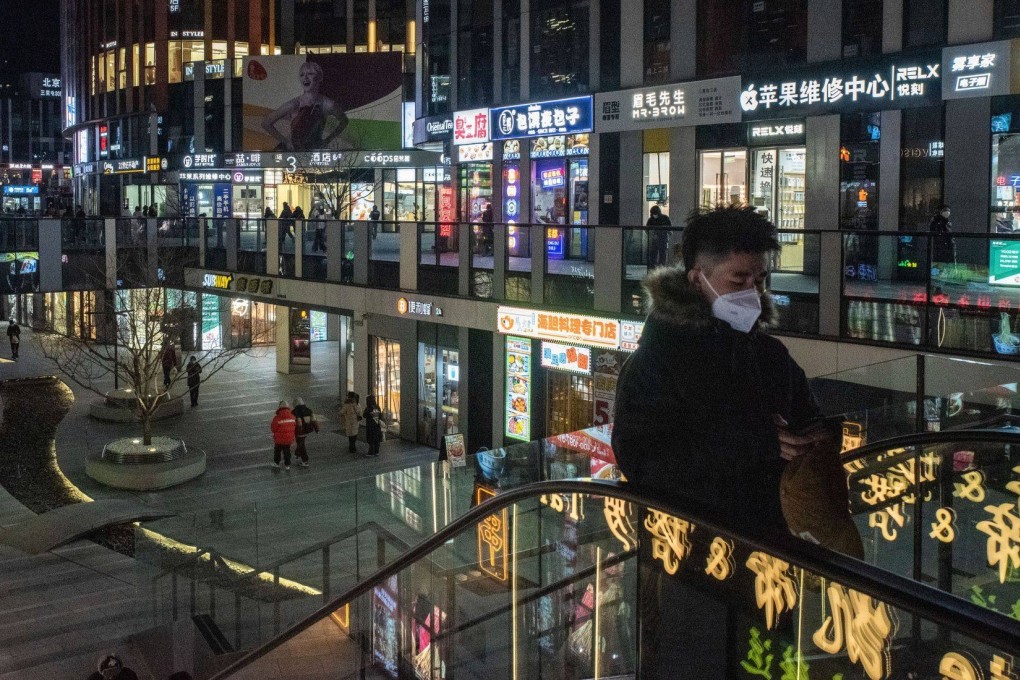Advertisement
China to boost spending in 2023 economic revival drive, top planner says
- Senior economic official Zhao Chenxin says expansion of consumption will be a priority in the push to lift overall demand
- Property and internet companies will get support, as will shopping centres
3-MIN READ3-MIN
7

Frank Tangin Beijing
China’s top economic planner aims to help boost domestic consumption and woo more foreign investors this year as it seeks to revive the country’s Covid-hit economy.
In a People’s Daily interview published on Sunday, Zhao Chenxin, deputy chairman of the National Development and Reform Commission (NDRC), said authorities would align fiscal, monetary, industrial, technology and social policies to promote growth.
The government would also give support to previously tightly regulated sectors such as property and internet companies as part of a wider push to increase consumer spending.
We must make the recovery and expansion of consumption a priority, and use government investment and incentives to drive up social investment
“Inadequate overall demand is the main factor holding back the economy,” he said.
Advertisement
“We must make the recovery and expansion of consumption a priority, and use government investment and incentives to drive up social investment.
“We will also keep track of economic performance in a timely manner, improve policy reserves, and continuously enrich the policy toolbox to deal with unexpected shocks.”
Zhao’s comments offer the first glimpse of this year’s macroeconomic priorities, which will be laid out formally when the country’s new premier and his economic team are sworn in in March.
Advertisement
Select Voice
Select Speed
1.00x
